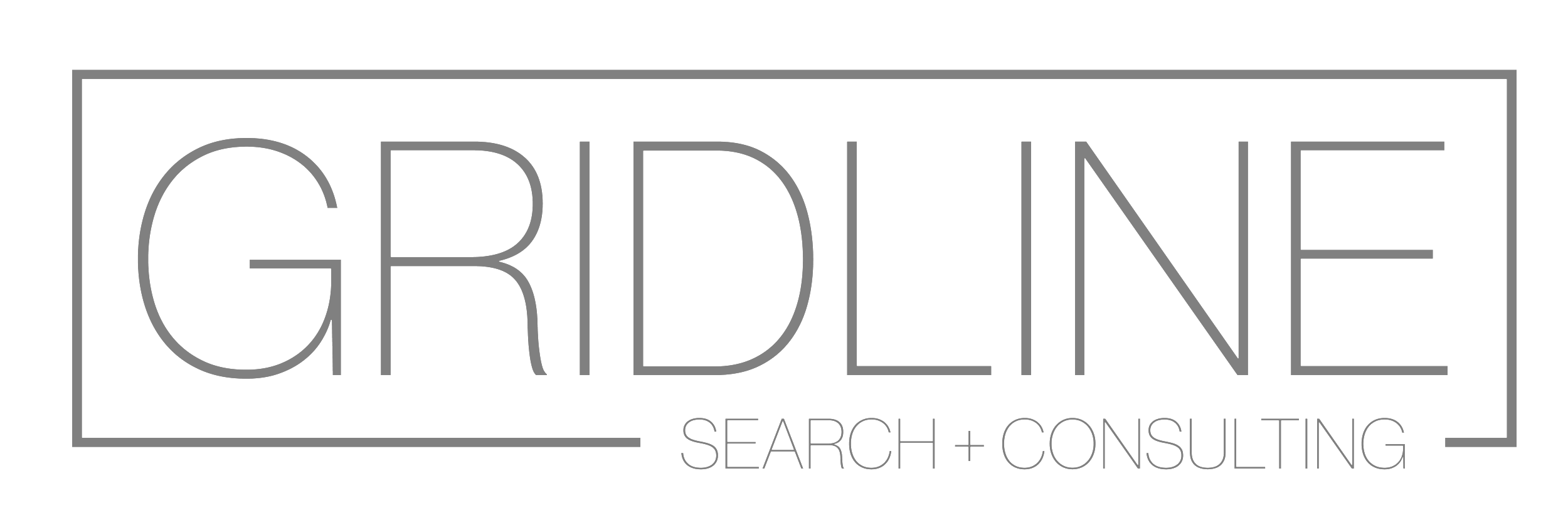Not Sure if You Should Lateral as a BigLaw Associate? Interview to Find Out.
Over the last couple of years, I have spoken with lots of associates who don't want to leave their jobs and make a move because they are waiting to find the perfect next job. For some of these cases, it makes sense to wait. They like their current position and they aren't curious about a move. Fair enough.
But for others, associates will articulate what they don't like about their current firm and current practice, yet they still decide to wait.
I call this state of mind "application paralysis."
Lawyers and law students are trained to deduce and draw conclusions. They apply this to their own lives and choices. They try to game out every possible outcome that may come from a job application. If 1 or more of these anticipated outcomes is negative, they don't move forward.
But here's something important to keep in mind that is both simple and easy to forget:
You won't know for sure if you want to work somewhere new until you interview and meet the people that work there.
A good recruiter will provide a lot of insight and information regarding a possible position; The skills required; The types of candidates that the firm likes to hire; The opportunities for growth and advancement at the new firm or employer.
But the only way to fully understand an opportunity and need is for a candidate to directly meet with the attorneys hiring for the position.
Here are some tips on using the interview to evaluate your options (while also selling yourself to the potential employer!)
See if your recruiter can first set up a "coffee" introduction (virtual or otherwise). Candidates often think that interviewing is an extremely formal process for open positions at BigLaw firms. In fact, there is always a strong conversational element in the hiring process for a BigLaw associate position. Firms and hiring attorneys want to get to know you and make sure that the position and the firm fit within your goals and that your personality is right for the group. To that end, hiring attorneys are sometimes open to short 15-20min "coffees" that are structured more like an informational interview than a standard interview. It will be important for you to pitch your relevant skills and experience, but it is also an opportunity to ask more probing questions about the need and how you might fit.
Interview to learn about the position, and then do the following research. If only a formal interview is possible, there is almost always time allotted for you to ask questions to the interviewer (see advice here on good questions). After the interview, ask you recruiter clarifying questions about the position and the firm and then also doing your own research. A great resource, of course, is LinkedIn. Spend some time searching attorneys whose past company is listed as the target employer. Where are these people now? Did working at the firm lead to possible paths of interest such as in-house, government or working at a boutique? Is there time to reach out to these people through a message on LinkedIn to get their insights on their experiences at the firm?
Talk to your mentors post-interview. Now that you are armed with information about the possible position, you can go to your mentors, family members and other trusted advisors in your circle. "I just interviewed for a position at a new firm and this is what I know about it. Based on what you know about my career goals and personality, what do you think about the opportunity?" It's always better to ask the closest people in your life for advice when you can provide as much information as possible (and for a new job, that likely means interviewing to learn more).
Don't be afraid to be honest with your recruiter and ask for advice. Last, make sure to bring your recruiter into your thinking and ask questions. Yes, it is true that recruiters have an interest in you accepting a position because the target employer is paying their fee. However, they also have an interest in you going to a position where you will enjoy it and stay. (*Candidates do not always know this, but most fee agreements between recruiters and firms include a provision that a fee is returned if a hired attorney leaves before a certain date).
For more of my thoughts on this topic, take a look at my article Should I stay or should I go? on the Chambers Associate website.
